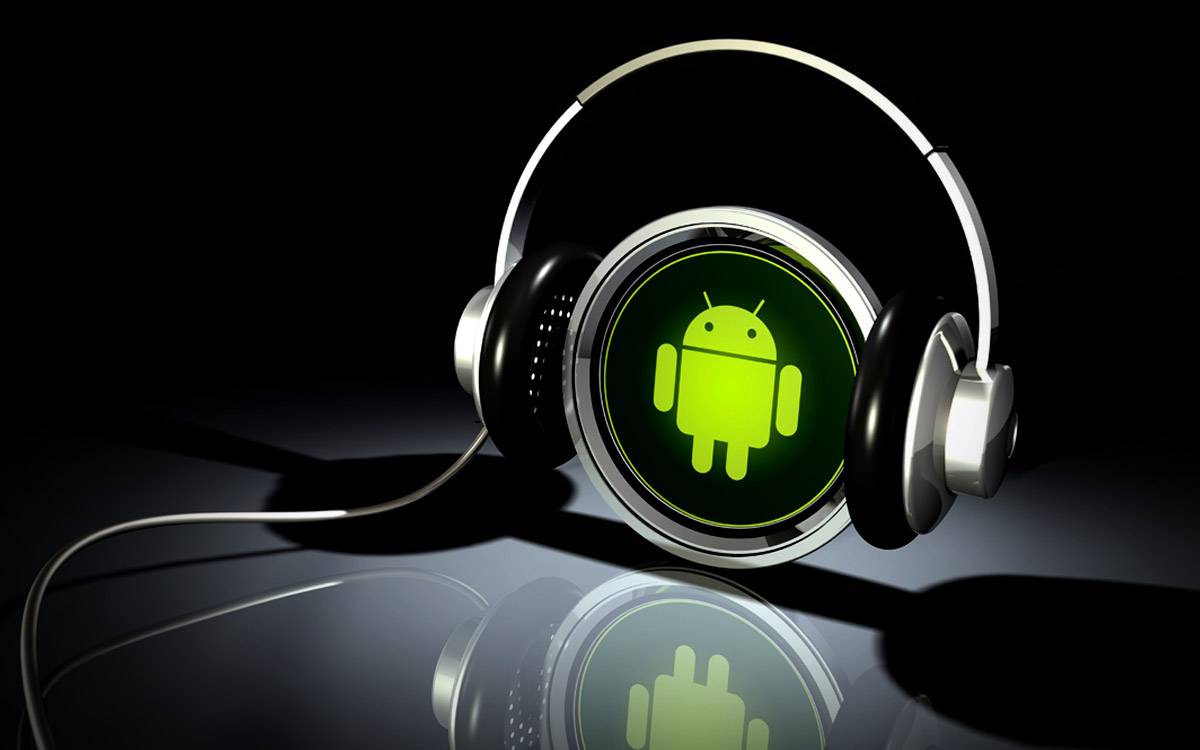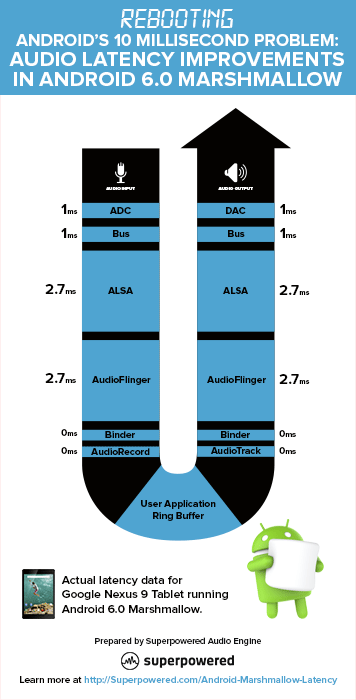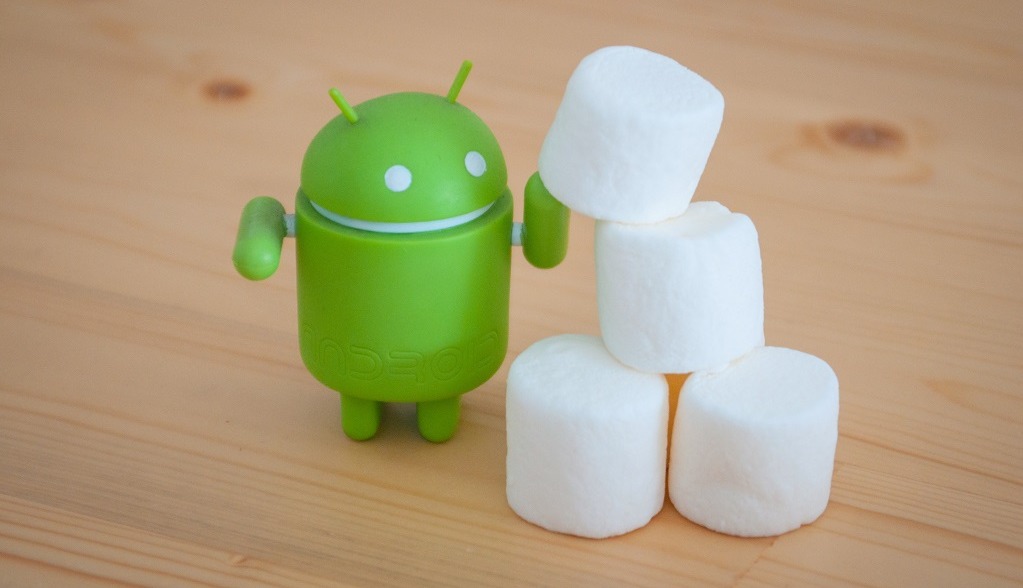
For a digital platform to be considered in the level or “Pro Audio”, it must achieve a 10 millisecond (ms) round trip latency (RTL) test. For us who are not audio tech geeks, this is the total time when a sound travels from source – in this case, an app or any audio input – through the processes of your device and out of the output method (speakers or headphones). This was not a big issue for Android before, but with Android Marshmallow, we’re probably nearing “Pro Audio” status.
10ms may seem like a ridiculously fast speed for you – this is 1 percent of a second – but practically, the higher the latency is, the more obvious the lag will be in the audio of your system. 1 second feels like an eternity, 100ms (one-tenth of a second) is still too laggy. 10ms is very close to instantaneous – an audio source produces sound, goes through your system and you hear it out of the output (speaker or headphones).

According to Superpowered, a website dedicated to mobile audio, Marshmallow on the HTC Nexus 9 is not quite there yet, at 14ms, but is close to “pro audio” status. The Nexus 6P has a round trip latency time of 18ms – still not there yet, but very much improved.

If you want to measure the RTL of your platform, Superpowered has an app for that. You can check the source link below. Of course, most end users will not care for the milliseconds of latency time shaved off every Android version. But trust us, when the latency time goes up more than 30ms, you notice it big time.
SOURCE: Superpowered










Is the lag due to true surround sound software androids have? Or maybe due to front facing speakers?